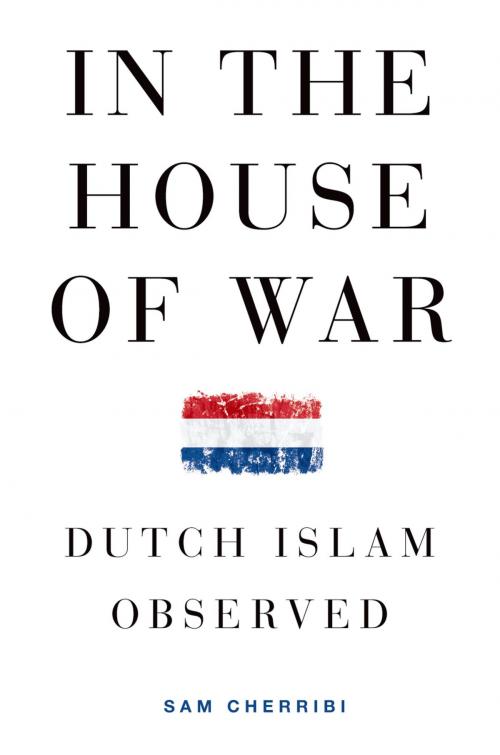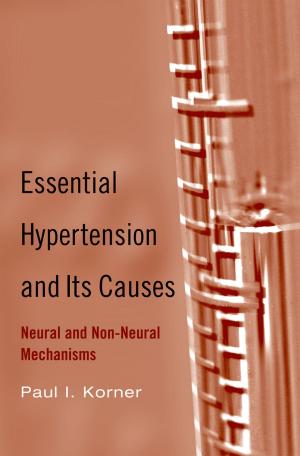In the House of War
Dutch Islam Observed
Nonfiction, Social & Cultural Studies, Social Science, Sociology, Marriage & Family, Religion & Spirituality, Christianity, Church, Church & State, Evangelism| Author: | Sam Cherribi | ISBN: | 9780190453619 |
| Publisher: | Oxford University Press | Publication: | July 9, 2010 |
| Imprint: | Oxford University Press | Language: | English |
| Author: | Sam Cherribi |
| ISBN: | 9780190453619 |
| Publisher: | Oxford University Press |
| Publication: | July 9, 2010 |
| Imprint: | Oxford University Press |
| Language: | English |
Sam Cherribi is a Moroccan Muslim who became a naturalized Dutch citizen and member of the Dutch Parliament. In this book he draws on his personal experiences with European politics and media, extensive fieldwork in Dutch mosques, and interviews with imams. In recent years, the Netherlands has been swept by the same forces of change that have swept the rest of Europe: the consolidation of the European Union, a massive influx of Muslim immigrants and the rising voice of Islamic fundamentalism. Cherribi argues that this small country has amplified these forces, providing a useful lens through which to examine trends in all of Europe. The portents are troubling, he notes, as evidenced by the murders of journalist Pim Fortuyn and filmmaker Theo Van Gogh, after which riots broke out, mosques were burned, and Muslims were openly reviled by the public and the media. Cherribi himself was voted out of Parliament in the anti-migrant fervor that engulfed the Netherlands after these murders and, like many other Dutch Muslims, he emigrated to the United States. Looking back on these events, and bringing to bear his skills and training as a sociologist, Cherribi provides an invaluable account of one country's encounter with some of the most troubling trends of our times.
Sam Cherribi is a Moroccan Muslim who became a naturalized Dutch citizen and member of the Dutch Parliament. In this book he draws on his personal experiences with European politics and media, extensive fieldwork in Dutch mosques, and interviews with imams. In recent years, the Netherlands has been swept by the same forces of change that have swept the rest of Europe: the consolidation of the European Union, a massive influx of Muslim immigrants and the rising voice of Islamic fundamentalism. Cherribi argues that this small country has amplified these forces, providing a useful lens through which to examine trends in all of Europe. The portents are troubling, he notes, as evidenced by the murders of journalist Pim Fortuyn and filmmaker Theo Van Gogh, after which riots broke out, mosques were burned, and Muslims were openly reviled by the public and the media. Cherribi himself was voted out of Parliament in the anti-migrant fervor that engulfed the Netherlands after these murders and, like many other Dutch Muslims, he emigrated to the United States. Looking back on these events, and bringing to bear his skills and training as a sociologist, Cherribi provides an invaluable account of one country's encounter with some of the most troubling trends of our times.















